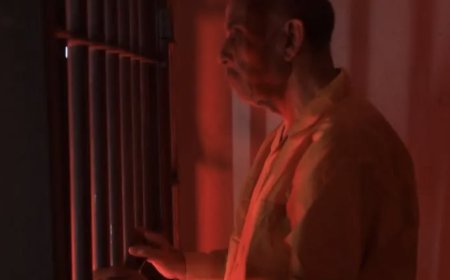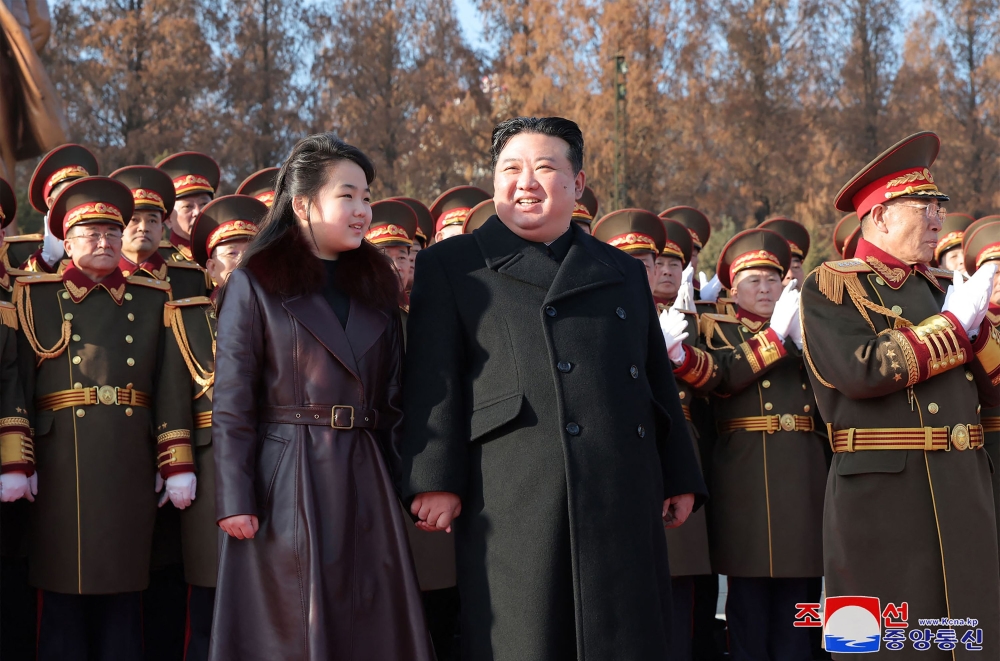Prisoners, some patients deprived of voting in Iraqi elections

Over 2,000 prisoners in the Kurdistan Region and patients who are physically unable to go to polling stations cannot cast their votes in the Iraqi parliamentary elections, an official said on Sunday.
Early voting for Iraqi legislative elections began on Sunday, with the general process taking place on Tuesday. Polling stations opened at 7 am and will close at 6 pm, with over 1.3 million members of the security forces and 26,000 internally displaced persons (IDPs) eligible to vote at 4,501 designated stations nationwide.
However, thousands of prisoners and patients cannot take part in the process, as the federal Independent High Electoral Commission (IHEC) does not provide mobile ballot boxes, and these individuals are either not permitted or physically unable to visit polling stations.
“It has been more than a month since we wrote to the Iraqi [electoral] commission regarding voters who don't have voting cards and to find out if prisoners can vote, but they haven't responded to us, so no one can vote," Ihsan Abdulrahman, director general of Kurdistan Region’s Correctional Facilities department, told Rudaw on Sunday.
He added that “2,128 prisoners have the right to vote but will be deprived of voting. The Commission's procedures and the inability to transport ballot boxes are the reasons for their disenfranchisement."
There are 6,035 inmates in the Kurdistan Region’s correctional facilities, according to official figures obtained by Rudaw.
Meanwhile, Asaad Yassin, director of the training department at the Erbil branch of the IHEC, told Rudaw on Sunday that they cannot provide mobile voting stations “unless there is an official consent” from authorities.
Yassin said that people who have been sentenced to over five years in prison do not have the right to vote at all.
"According to the Commission's guidelines, prisoners whose sentences exceed five years cannot vote, but those with sentences less than five years can participate in voting if they are granted permission to leave to vote,” he said.
People with serious illnesses or special needs must still visit polling stations to vote. The IHEC said that if such individuals are able to reach the stations, they will not have to wait in line.
According to the IHEC, 21,404,291 voters with biometric cards are eligible to participate in the election.
In total, 31 alliances, 38 political parties, 23 independent candidates, and 56 quota candidates are competing for 329 parliamentary seats, including nine reserved for minority groups.
More than 7,700 candidates are registered to run, with over 39,000 polling stations set to open across 8,703 centers for the general vote on Tuesday. Another 97 polling stations will serve displaced voters residing in camps.
[Source: Rudaw English]
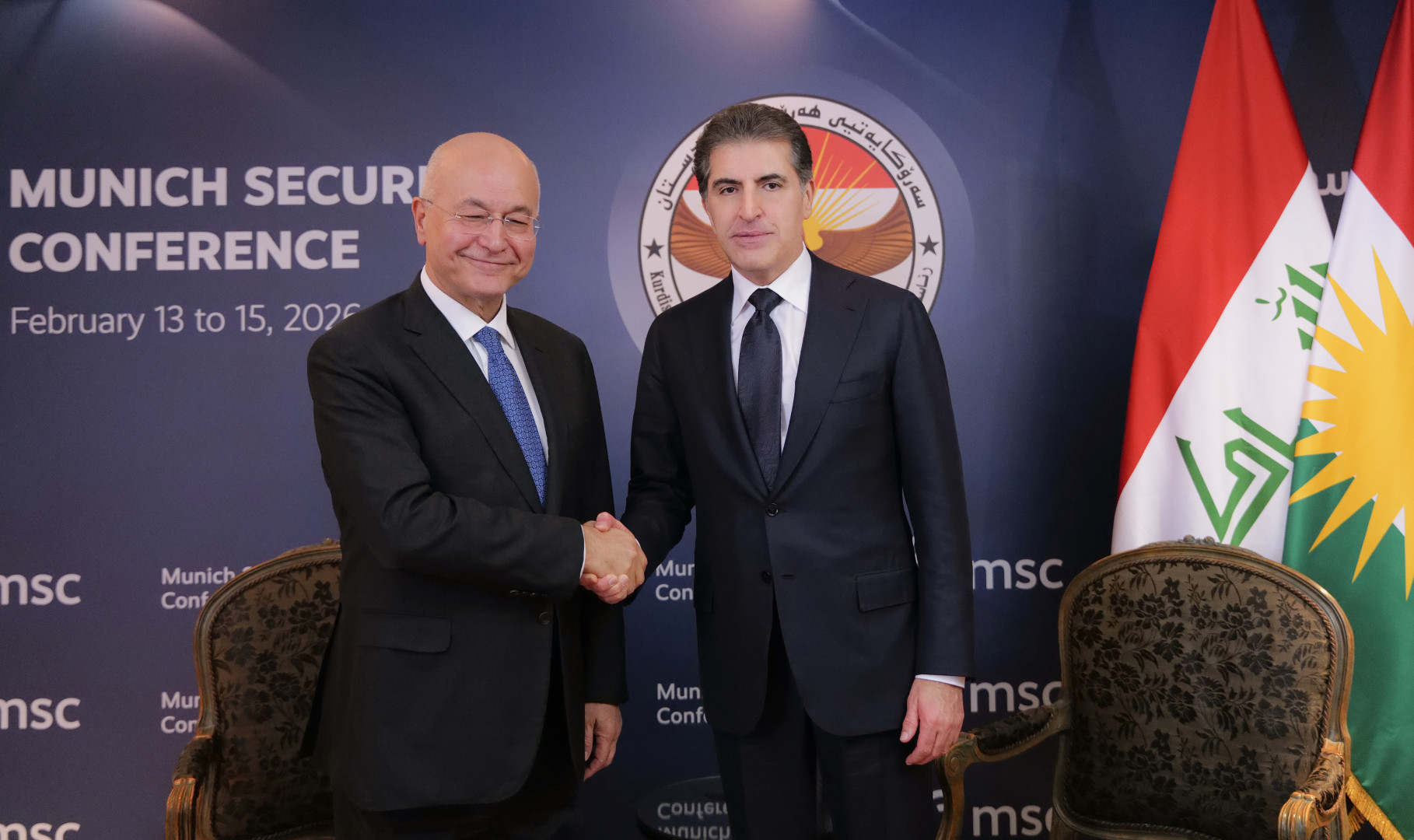

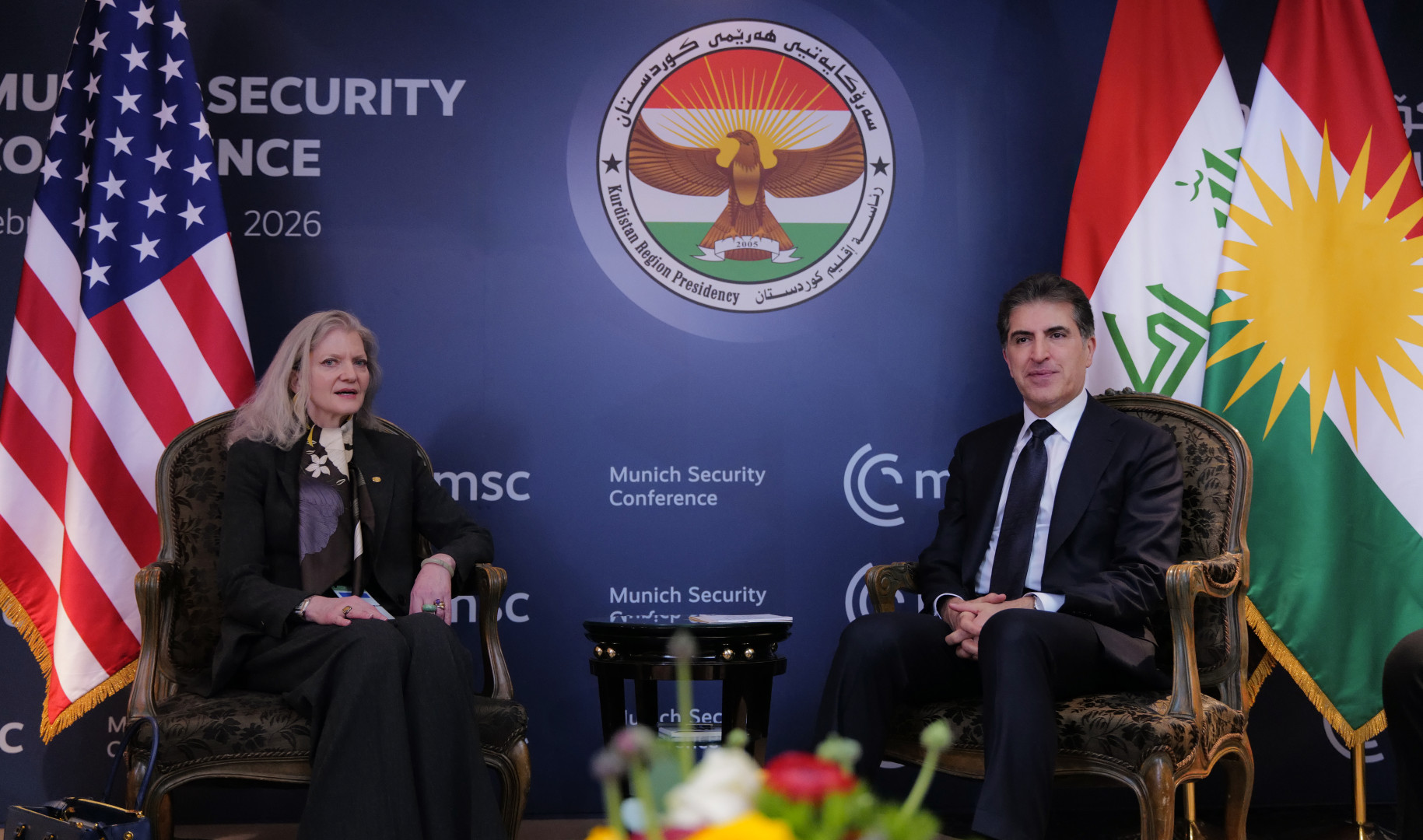



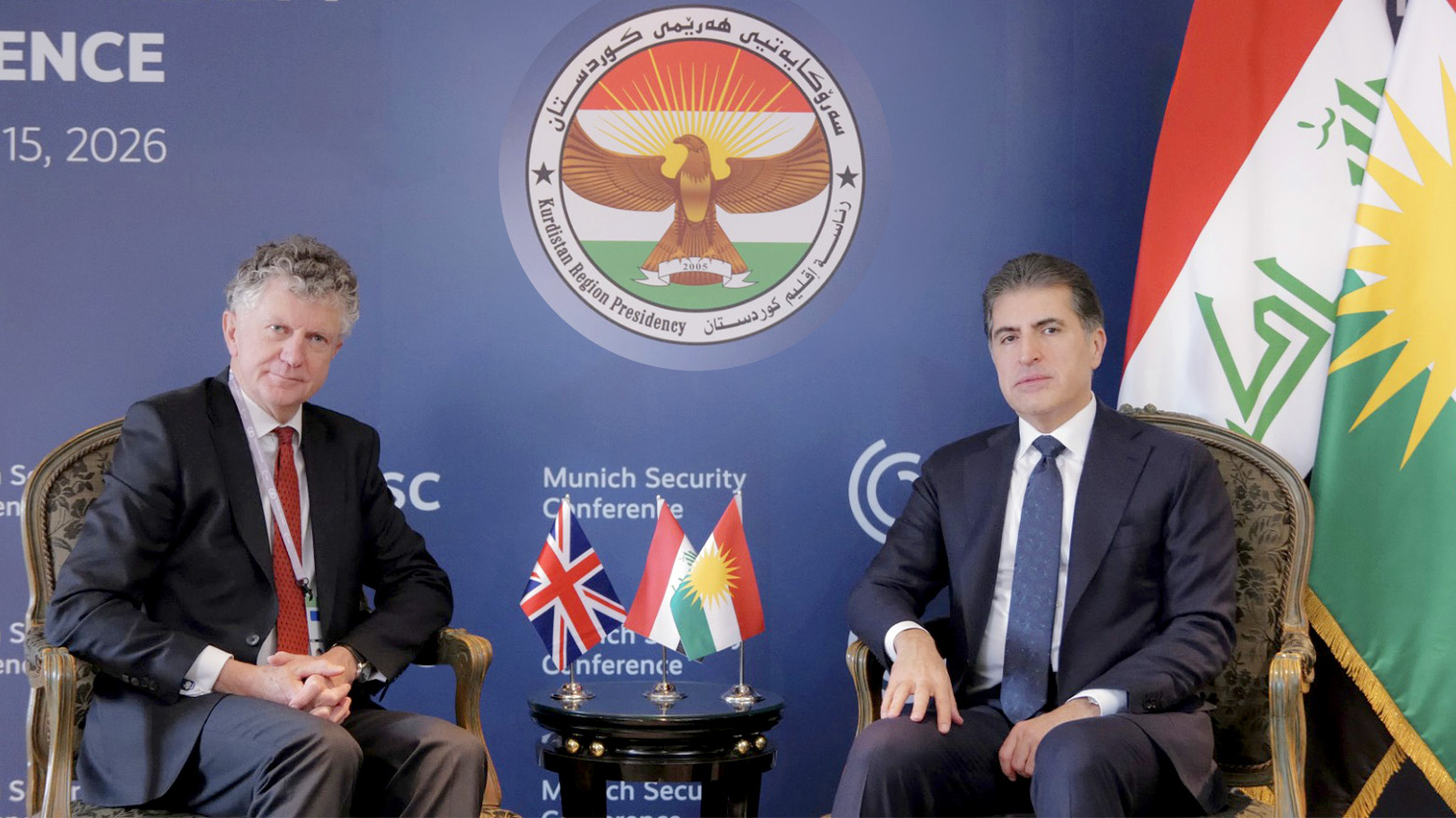


/file/attachments/orphans/AWS_Data_Center_Interior_4_838807.jpg)



































